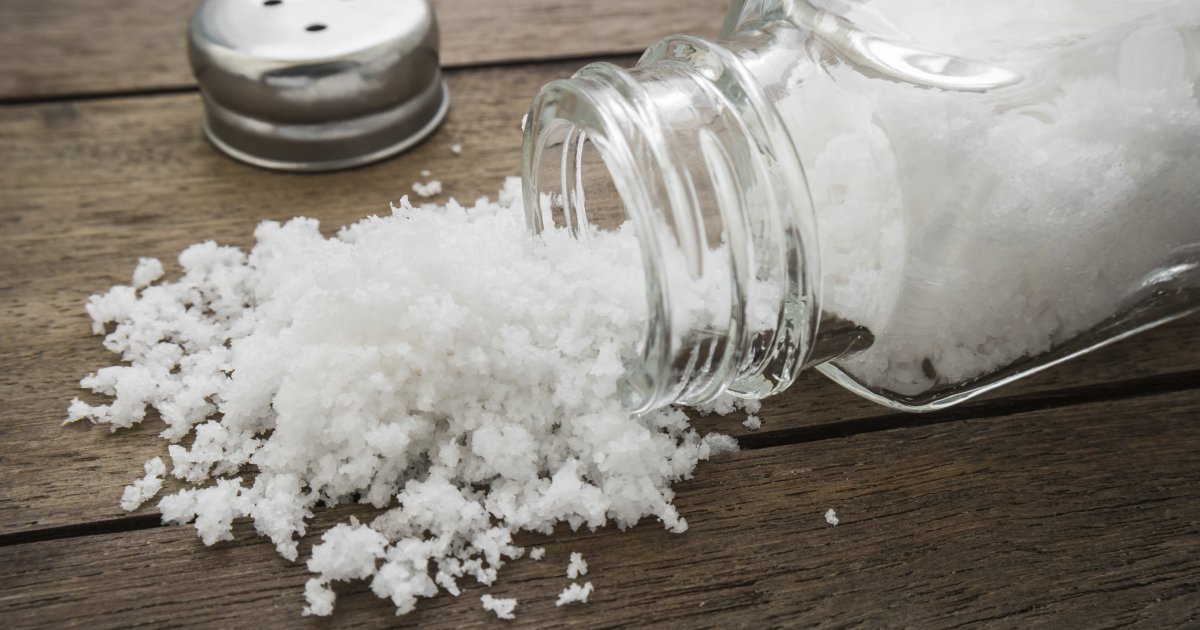Options For Treating Hyperoxaluria And Oxalosis
Limit Salt Intake
If patients are suffering from hyperoxaluria due to diet, it is important for them to limit their salt intake. Consuming salt results in the body retaining fluid. So, it is important to limit the amount of salt in one's diet, so the body has less fluid it needs to remove. If the kidneys are still functioning properly, it will put less of a strain on them to remove excess fluid on top of what the body normally produces. Too much salt will also prohibit the kidneys from functioning properly. This results in the kidneys not removing all the fluid it should be removing and puts a strain on them. Furthermore, salt is linked to higher blood pressure because of the excess fluid too much salt causes. Patients should look at the salt content in all the food they consume. They may be surprised how much salt is in their favorite foods. So they may need to make adjustments. For instance, if patients like soup, they should buy the low salt versions where possible, because soup has a lot of salt in it.
Get more details on how to treat hyperoxaluria and oxalosis now.
Decrease Animal Protein

Because animal protein increases the workload of the kidneys, if patients suffer from hyperoxaluria, they need to decrease the animal protein in their diet. Animal protein can increase the production of ammonia and damage the kidneys. However, if patients consume plant protein, they can still get the proper amount of protein in their diet. Furthermore, if patients are suffering from hyperoxaluria or oxalosis, they want to make things easy for their kidneys, and eating a lot of animal protein puts added stress on them. So, having the condition coupled with additional strain on the kidneys can lead to kidney failure sooner. Once the kidneys are too damaged, patients will need either dialysis or a transplant. Additionally, the impact of animal protein on the kidneys happens almost right away, unlike non-animal protein, which reportedly has no impact on kidney function.
Learn more about treating hyperoxaluria and oxalosis effectively now.
